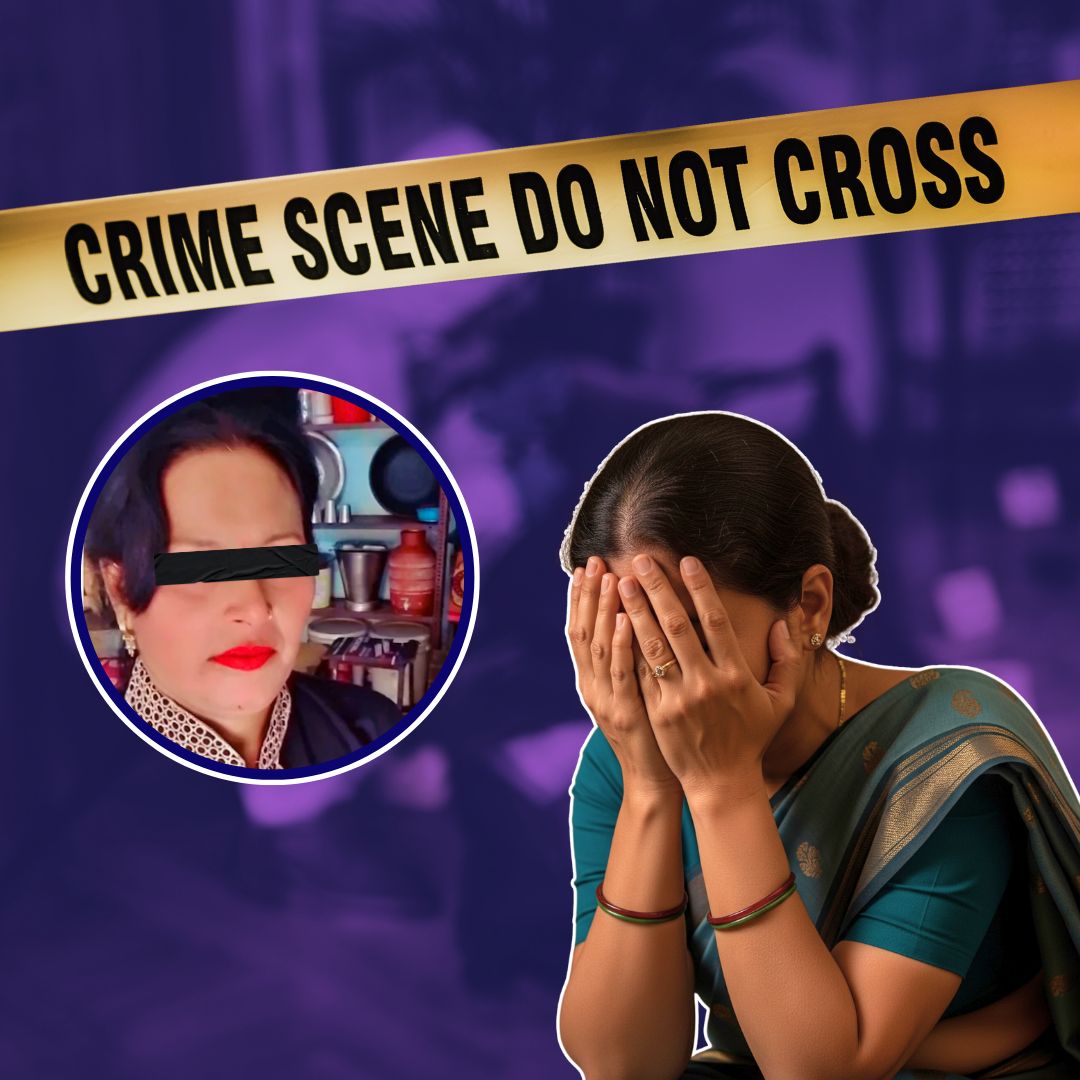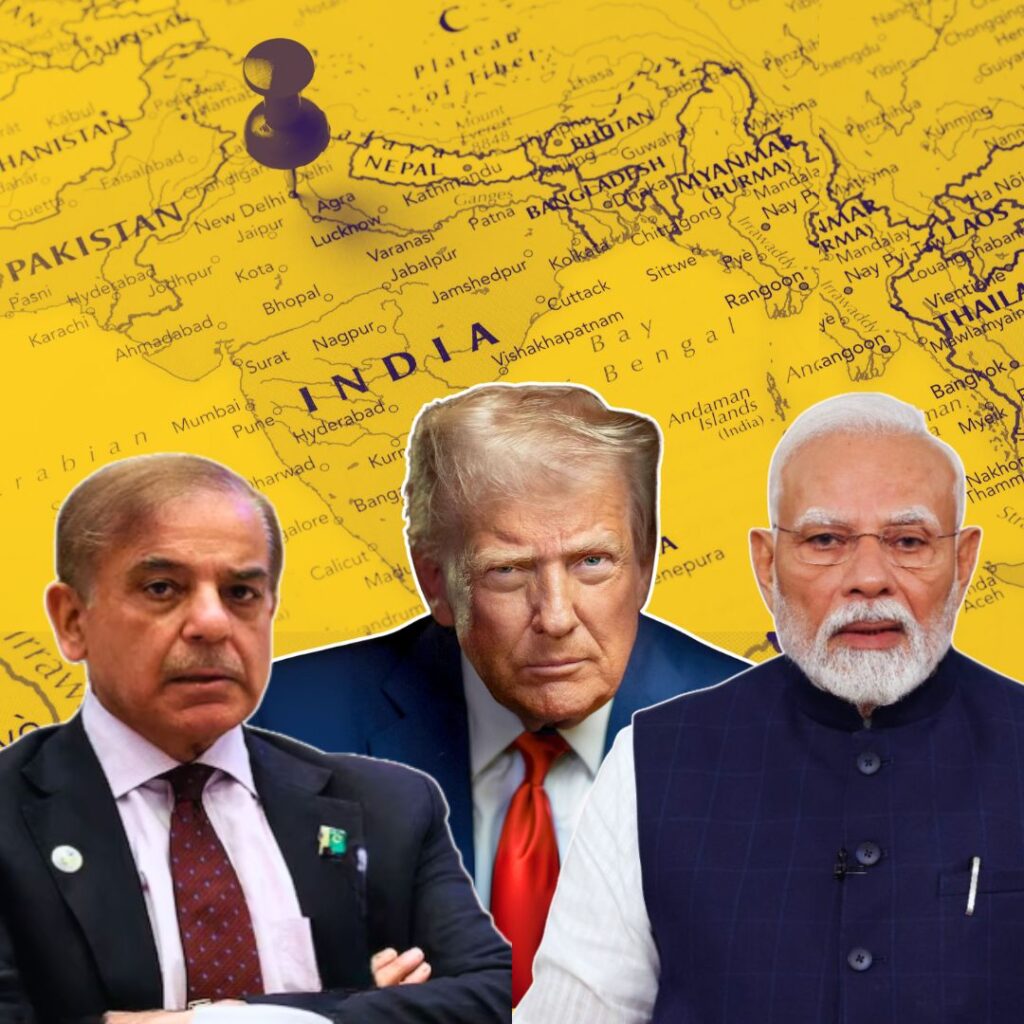A 52-year-old woman named Rani from Farrukhabad, Uttar Pradesh, was reportedly strangled to death by her 26-year-old lover, Arun Rajput, from Mainpuri. The couple had met on Instagram about a year and a half prior. Police state that the murder happened after Rani pressed Arun for marriage and demanded repayment of approximately Rs 1.5 lakh she had lent him. Arun has been arrested and confessed to the crime.
Instagram Relationship Turns Fatal Over Age, Money, and Marriage
Rani and Arun developed a relationship through Instagram, where Rani allegedly used filters to conceal her real age, making Arun believe she was much younger. The couple met secretly at hotels in Farrukhabad several times. Rani, who was a mother of four, provided Arun with a loan of around Rs 1.5 lakh over the course of their relationship.
Over time, Rani’s repeated requests for marriage and repayment led to tension between them. On August 10, Arun called Rani to Mainpuri, where, during a heated argument, he strangled her using her dupatta and later fled the scene. The body was found near Mainpuri; police identified her through a missing person report filed by her family in Farrukhabad.
Police Investigations and Confession
Police investigation traced call records and social media interactions between the two, leading to Arun’s arrest. Two mobile phones recovered from Arun supported the police inquiry, containing chat messages and photographs evidencing their communication.
Arun confessed that he was upset to learn about Rani’s actual age and marital status. He admitted killing her fearing she would approach his family or police to force marriage and recover her money. The postmortem report confirmed strangulation as the cause of death, and Arun was sent to judicial custody.
The Logical Indian’s Perspective
This tragic case underscores the complex realities and risks faced in modern digital relationships where online personas, filters, and hidden truths complicate trust. The Logical Indian urges stronger legal protections, community awareness, and open conversations on digital honesty and emotional safety. Vulnerable individuals must have access to support systems while society must foster empathy rather than judgment.












